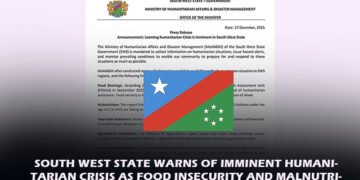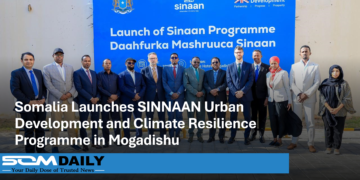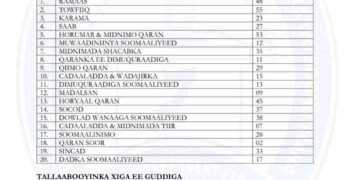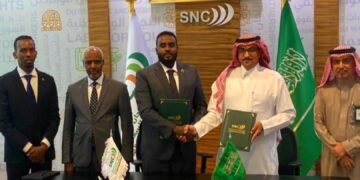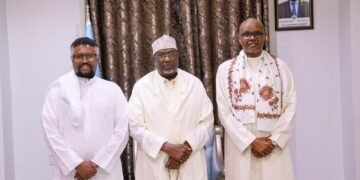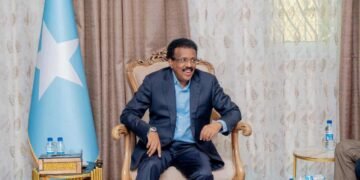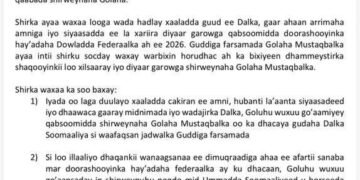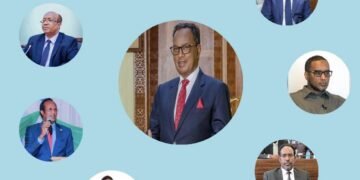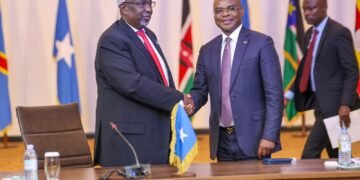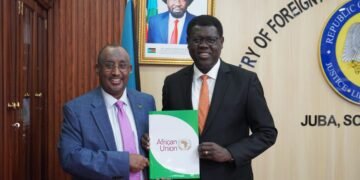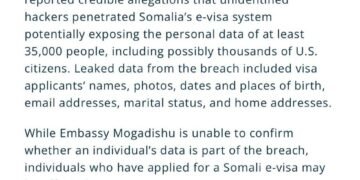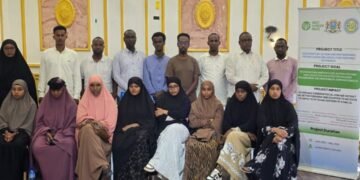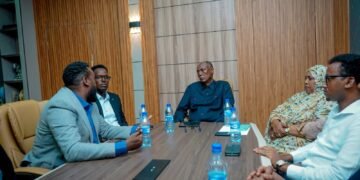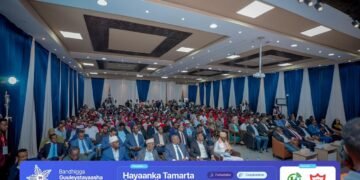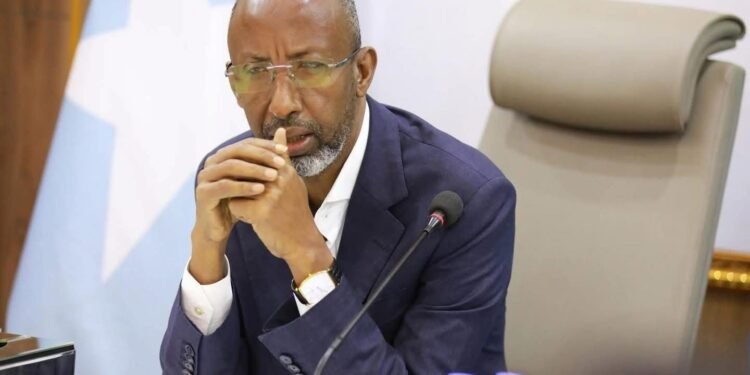Mogadishu, Somalia – October 7, 2025: Somalia’s Minister of Education, Farah Abdulkadir, has announced that the government is planning to include the Swahili language in the national education curriculum — a move that has sparked widespread public debate and criticism, particularly from communities who speak the Maay dialect.
Minister Farah described Swahili as an important regional language that could “strengthen integration and cross-border communication” within the East African Community (EAC), of which Somalia is now a member.
However, the announcement quickly stirred controversy. Many Somali citizens, especially speakers of Af-Maay, accused the minister of neglecting one of Somalia’s own official Somali dialects while prioritizing a foreign language.
Critics argue that the government has yet to fully promote and standardize the teaching of Maay, a widely spoken Somali dialect that differs significantly from Af-Mahaa (Standard Somali). They questioned the logic of promoting an external language while Somalia’s internal linguistic diversity remains underdeveloped.
“If Somali itself hasn’t been unified in the education system, how can we justify introducing foreign languages?” asked one university lecturer in Baidoa, a city where the Maay language dominates daily life.
The debate has since grown on Somali media and social platforms, with many calling for equal recognition and investment in all Somali dialects before integrating regional languages like Swahili.
Analysis: Balancing Regional Integration and Cultural Identity
The proposal reflects Somalia’s increasing effort to align with the East African Community, where Swahili is a working language in most member states. Proponents say learning Swahili could expand economic and diplomatic opportunities for Somali students and traders across East Africa.
Yet, the backlash highlights a deeper issue — the linguistic divide within Somalia’s education system. For many citizens, particularly in the Southwest regions, the inclusion of Swahili feels premature when Af-Maay is still marginalized in official education and media platforms.
Observers suggest that for the policy to gain public support, the government will need to balance national identity with regional integration, ensuring that Somali languages — including Maay — receive proper recognition and institutional backing before foreign ones take priority.



